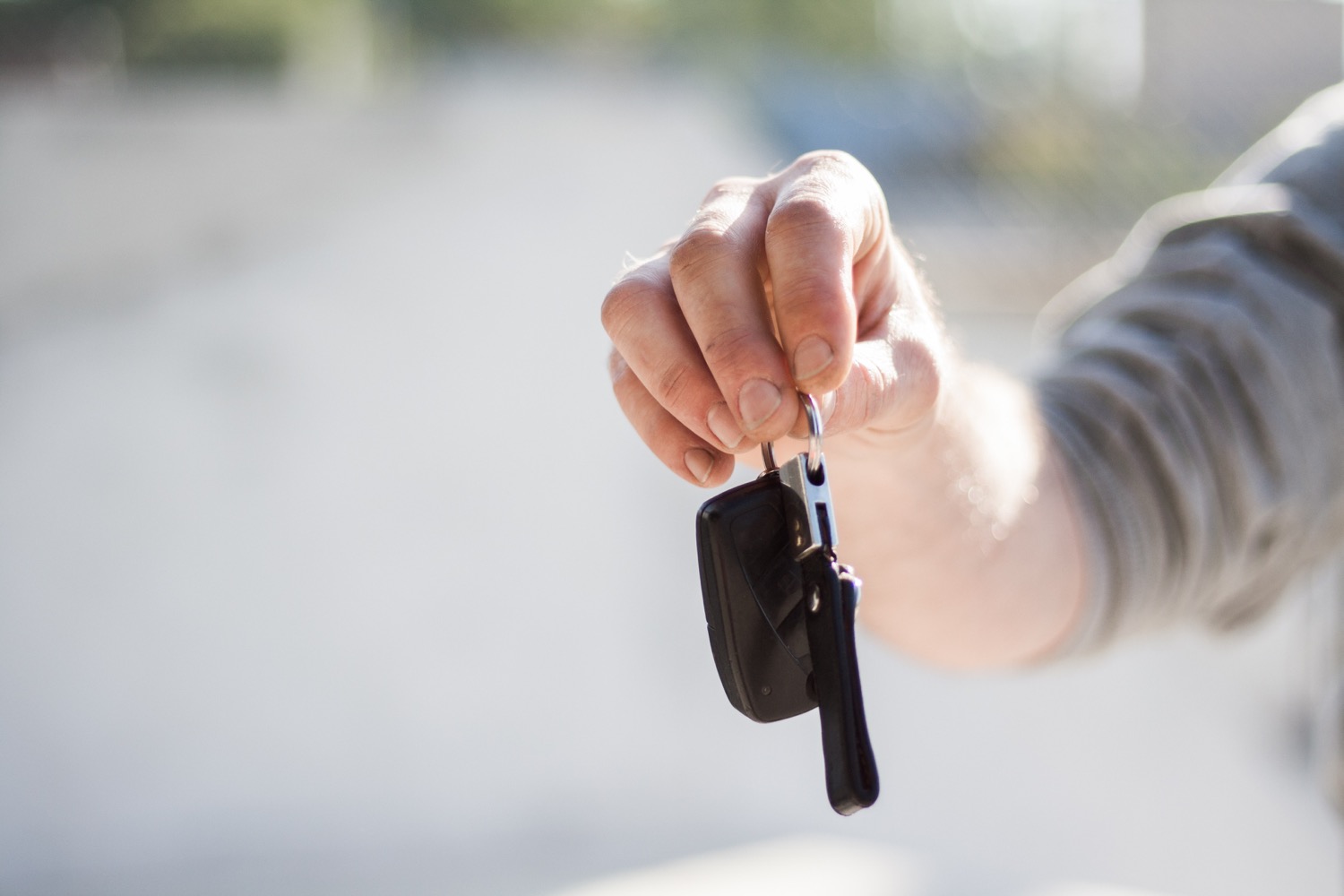Like any big decision, buying a car is both stressful and exciting. One of the most important factors to consider is whether to buy a brand new car at a higher cost or a used car with a shorter lifespan. This list of benefits and drawbacks will help you to effectively weigh your options and make a money-smart decision.
Buying a New Car
Benefits: Theoretically, buying a new car should give you the greatest peace of mind. According to autos.com, new cars typically come with factory warranties that cover all repairs (excluding maintenance costs) for three years or 36,000 miles, whichever comes first. That means three years (or 1,095 days) that you won’t have to worry about handling costly repairs!
Since the car is brand-new, you also won’t have to worry about damage caused by a previous driver. If you buy a used car, on the other hand, there’s always the possibility that its previous owner had an unreported accident, resulting in invisible damage that will cause problems further down the line.
Finally, the interest rates on new car loans are lower than they are on used car loans, meaning it is less expensive to borrow $20,000 for a new car than it is to borrow $20,000 for a used car. This is important to consider if you need to secure a loan for your big purchase.
Drawbacks: The most obvious drawback is that new cars are much more expensive than older models. It depends on the car, but you can expect to pay about twice as much for a new car as you would for a three-year-old car of the same model, according to Realcartips.com.
You should also keep in mind that new cars initially depreciate much faster than used cars. A car loses about 30 percent of its value during the first year of ownership, according to Bankrate, which means a bigger loss if you have to sell a new car soon after buying it.
Buying a Used Car
Benefits: A used car is significantly less expensive than a new car, and it’s possible to get a reliable one that can last for years. Dealerships often offer extended warranties on used car models with the same coverage as new car warranties. If an extended warranty is not included, you can buy one separately for about $35 to $110 a month, according to howmuchisit.org.
Finally, used cars depreciate much less quickly than new ones. The biggest drop in a car’s value occurs during the first two years of ownership, so if you buy a used car that’s more than two years old, its value will stay close to what you paid for it.
Drawbacks: No matter how well-made a car is, it is bound to need repairs over time. Therefore, you should expect more maintenance issues (and costs) when you buy a used car. Since the car is older, it is also unlikely to last you as many years as a brand-new car would. Lastly, interest rates for used car loans are higher than for new car loans, so it would cost you more to borrow money for this purchase.
Making Your Decision
All pros and cons considered whether you’d be better off with a new car or a used car really depends on your personal preferences. If you have the extra money to pay a larger sum upfront, you don’t want to deal with repairs, and you want a car that’ll last as long as possible—a new car is the way to go. However, a used car can make a lot of sense if you want to pay less up front. Just make sure to keep some extra savings on hand for repairs!
No matter what you decide, buying a car is a big financial investment. Taking the time to carefully weigh all of the pros and cons can help you make a decision that’s good for you—and for your budget!
Good luck and enjoy the test drives!




